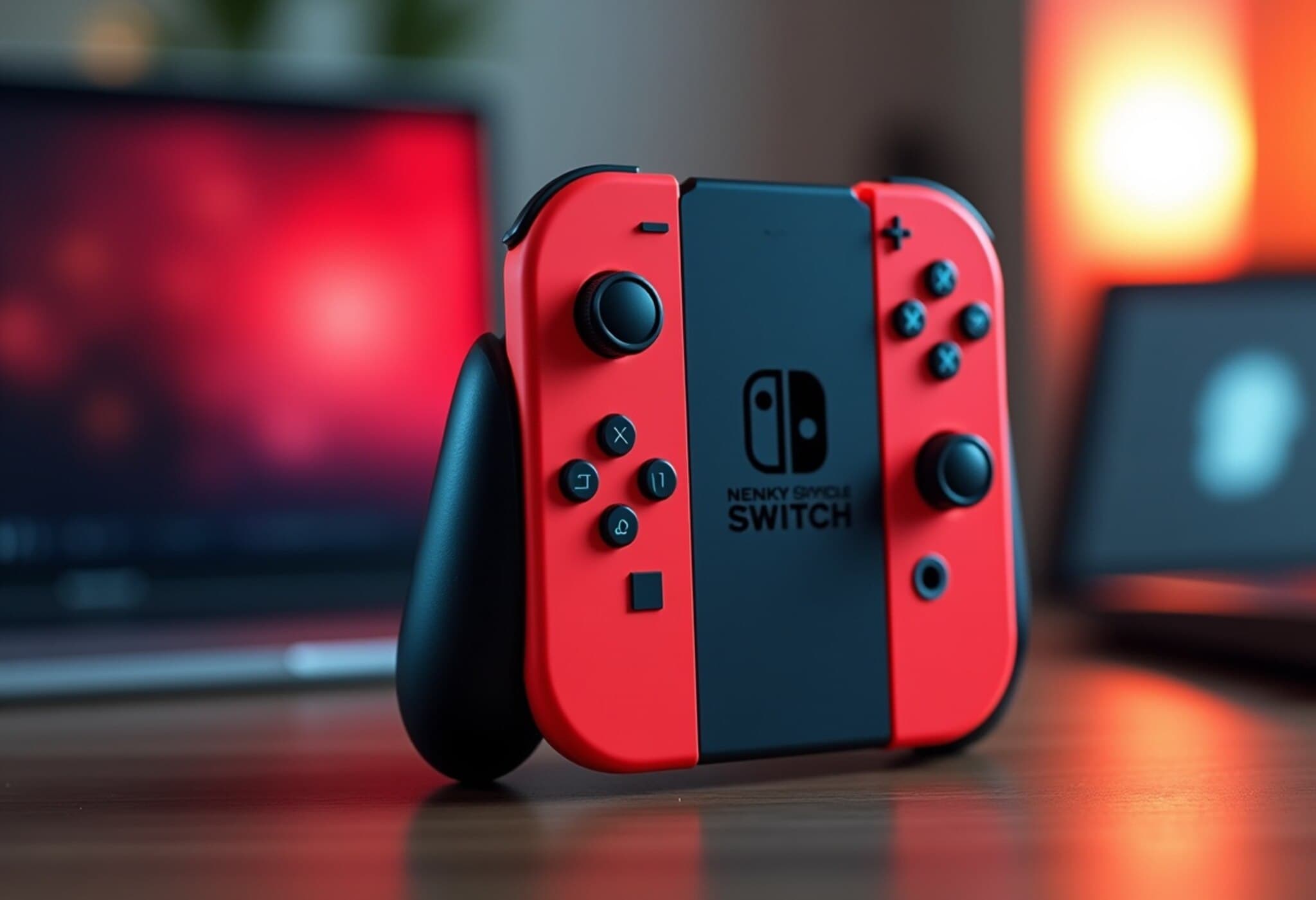Nintendo’s Switch 2 Drives Revenue Surge in Q1 Fiscal 2026
Nintendo has once again demonstrated its prowess in the gaming industry, doubling its quarterly revenue thanks to the strong sales performance of its much-anticipated Switch 2 console. The Japanese gaming giant reported that it sold an impressive 5.82 million Switch 2 units since its launch, fueling one of the most dynamic product debuts in recent gadget history.
Financial Highlights Beat Market Expectations
For the quarter ending June 30, Nintendo posted revenues of 572.3 billion Japanese yen (approximately $3.8 billion), reflecting a remarkable 132% year-over-year increase. This figure exceeded analysts’ expectations, which had anticipated roughly 474.84 billion yen in revenue. Operating profit was recorded at 56.9 billion yen, comfortably surpassing estimates of 53.46 billion yen.
Much of this growth came from Nintendo’s dedicated video game platform business, which saw a 142.5% increase in sales to 555.5 billion yen. This surge was largely attributable to the Switch 2’s higher retail price compared to its predecessor.
Mixed Performance Across Nintendo’s Business Segments
While the Switch 2 performed exceptionally well, some parts of Nintendo’s business encountered headwinds. Revenue from the intellectual property-related segment, which includes ventures like movies and other entertainment tied to Nintendo's franchises, fell 4.4%. The decline was largely linked to a drop in earnings from The Super Mario Bros. Movie.
Outlook and Market Sentiment
Despite the stellar quarterly results, Nintendo decided to keep its annual sales forecast steady, targeting 15 million Switch 2 units sold this fiscal year ending March 2026. Though conservative in nature, many industry analysts speculate that Nintendo is likely to exceed this target based on early momentum.
The excitement around the Switch 2 has had a tangible impact on Nintendo’s stock, which surged about 40% year-to-date. The hybrid console’s successful launch—moving 3.5 million units in just the first four days—has fueled renewed investor confidence.
Tariff Headwinds and Strategic Resilience
One looming concern involves potential financial pressure from U.S. tariffs on imported gaming consoles. However, experts like Kazunori Ito, Director of Equity Research at Morningstar, remain optimistic. Ito notes, "Although Nintendo's profitability may soften in the short term due to increased tariffs, expanding the user base will drive game sales and offset these costs over time."
Nintendo’s own assessment echoes this cautious optimism, stating there is currently no significant earnings impact expected for the fiscal year despite tariff challenges and changing market conditions.
The Bigger Picture: What Switch 2 Success Means for Gaming and Beyond
The Switch 2’s robust debut is more than just a financial win; it signals Nintendo’s ability to innovate and captivate a global audience amid fierce competition from tech giants and smartphone gaming. Its hybrid design—a seamless blend of portable and home gaming—caters to today’s diverse and mobile-first consumers, setting a blueprint for how gaming hardware evolves.
Furthermore, Nintendo's expanding ecosystem, involving movies, TV shows, and merchandise based on its beloved characters, underscores the company’s potential to grow beyond hardware sales. Even as certain segments face short-term declines, the long-term narrative is one of diversified entertainment revenue streams anchored by iconic intellectual properties.
Lessons from Nintendo’s Resilience
- Strategic Product Launches: Timed effectively, capitalizing on consumer excitement and pre-launch hype.
- Pricing Power: Leveraging product enhancements for higher price points without alienating core users.
- Diverse Revenue Streams: Balancing hardware sales with content, IP licensing, and multimedia adaptations.
- Global Market Agility: Navigating potential tariff disruptions with long-term growth strategies focused on user engagement.
Editor’s Note
As Nintendo rides the Switch 2 wave, it faces the dual challenge of sustaining momentum in a highly competitive market while managing external risks like tariffs. The conservative sales forecast may signal prudent corporate strategy, but early success hints at far greater potential. Observers and investors alike should watch how Nintendo leverages its iconic brand and expansive ecosystem to continue reshaping the future of interactive entertainment. How Nintendo balances innovation, pricing, and global trade dynamics will shape not only its own trajectory but potentially the broader gaming landscape in the years to come.



















